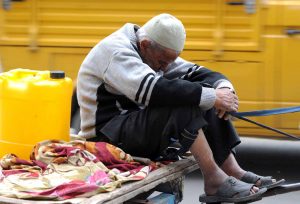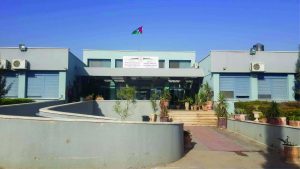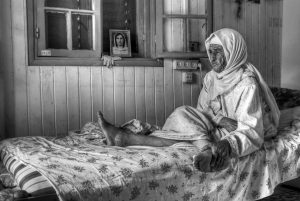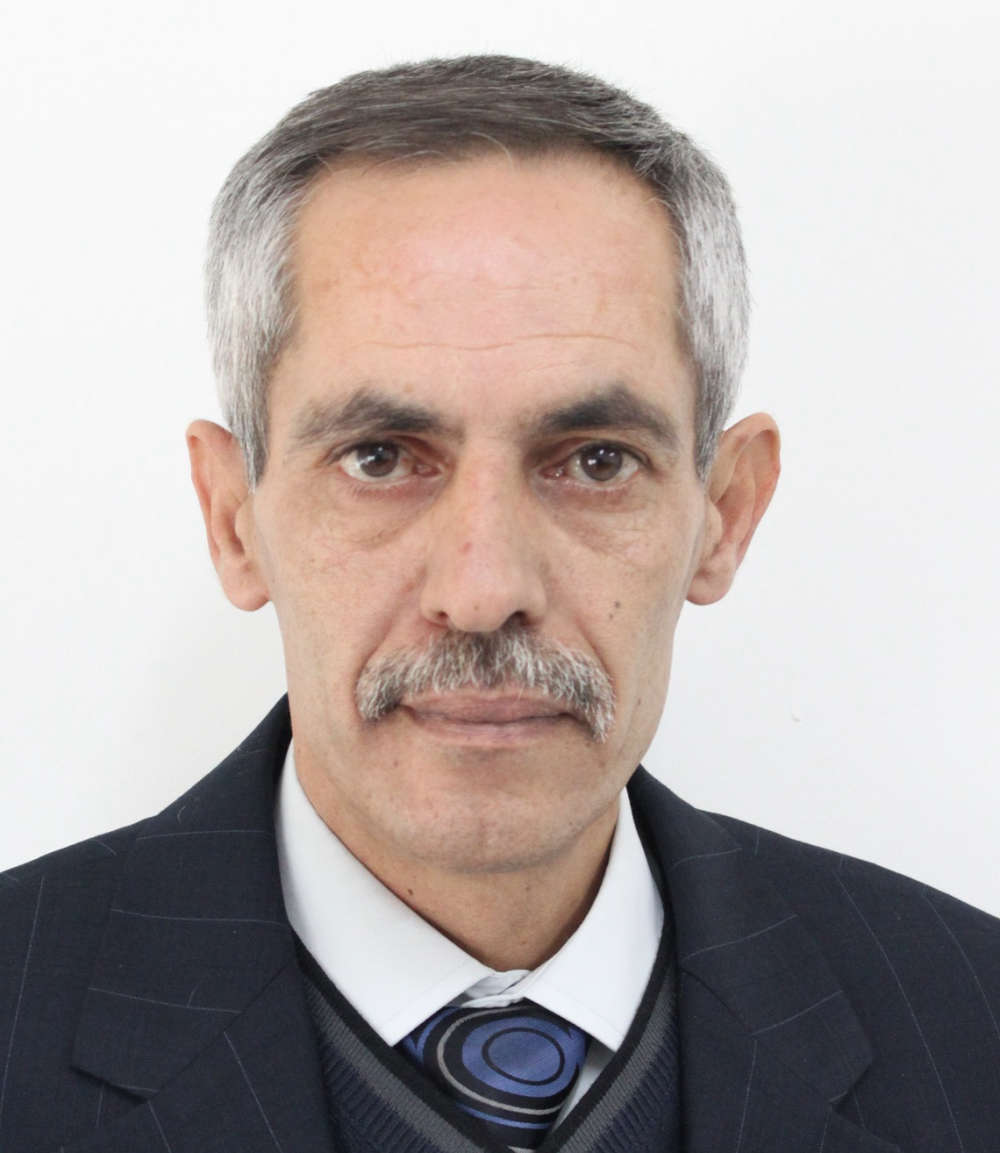Palestinian society traditionally considers care of the elderly to be a moral, social, and religious obligation, and consequently, sending one’s parents or grandparents to a nursing home has been deemed shameful. Although elderly persons still have a special status in today’s Palestinian family, recent changes in family attitudes and lifestyle may have an impact on this population. Many young families are struggling, and in order to improve their economic situation, both partners are working. This development affects the traditional care for elderly persons within a family. Now, the aging generation is left alone for long hours in the house, and this negatively affects their psychosocial well-being.
Because the deteriorating economic conditions of thousands of Palestinian households prevent many families from responding to the daily needs of their elderly members, there is an increasing need for residential care provided by social institutions. In the West Bank, there is one governmental nursing home (in Jericho), and there are a few nongovernmental or private homes for the elderly. The poor cannot pay for residential care in private nursing homes, and the capacity of the only governmental shelter is limited to 60 persons at the most.

When addressing the issue of elderly people in Palestine, we have to take into account that Palestinian society is considered a young society, with a much higher percentage of young people than older people. According to the Palestinian Central Bureau of Statistics, the number of persons aged 60 and above reached 233,826 in 2017, which is equivalent to 5 percent of the population. But this percentage is likely to increase after 2020, with expected implications in terms of health care and social-protection services. In addition, there will be more elderly women than men.
Elderly persons in Palestine face many challenges: 39 percent have difficulties or disabilities, as thousands of old people suffer from a variety of diseases; 25.7 percent of the elderly are illiterate; and 26.5 percent of Palestinian elderly are poor.
There are many things we can and must do to guarantee that our elderly are not left behind.
In light of these facts, it is obvious that older people in Palestine need a comprehensive social-protection system and a legal-protection framework. This system must protect their rights to income security, access to services and to justice, and protection from violence.
The Palestinian Ministry of Social Development is mandated to protect and take care of the elderly. After it conducted a national survey for the elderly in Palestine in 2015 in order to assess their situation and needs, the ministry revised the Palestinian Strategic Plan for the Elderly 2016–2020 according to the findings of this survey. The new updated strategy offers a package of rights and services that include financial assistance, health insurance, geriatric care, rehabilitation, and social-care services.

On the legal side, the ministry has developed the draft Law for the Rights of the Disabled and will pursue the process of endorsement of this law. In addition, the ministry operates the Residential Elderly Home of Jericho that provides in-house services to poor elderly persons who do not have a family to take care of them, or whose families are poor and incapable of providing appropriate care.
The ministry is also engaged in the supervision of the elderly-care centers that belong to civil society organizations and the private sector. It is working on the standardization of services and an accreditation system for services and service providers. In this regard, the ministry’s new approach for service provision has shifted from supply-driven to demand-driven service provision. As a result, social workers take on the role of case managers when dealing with the families and with members within a given family. The family must participate in decisions concerning needs and priorities, and the institutions must respond accordingly. We are currently moving towards tailored interventions for various groups and individuals. This approach will benefit the elderly and increase their social inclusion, participation, and independence. From our experience in dealing with the elderly, we have discovered that some have a high capacity for social interaction. They have knowledge, skills, and experience, and we must create an enabling environment to empower them to be active and dynamic in public life.

The issue of nurturing elderly persons is not only about services and care. It is a multidimensional issue that relates to values, norms, social and cultural patterns, traditions, family structure, solidarity, and economic drivers. Thus, the approach towards dealing with the elderly must take into consideration all these factors of vulnerability. The government or the state is clearly the duty bearer in this regard, but this does not mean that other stakeholders and players should not be involved in caring for the elderly. Only a cooperative approach in which no effort is spared can yield the best results. Our elderly have earned and deserve our nurturing care.


